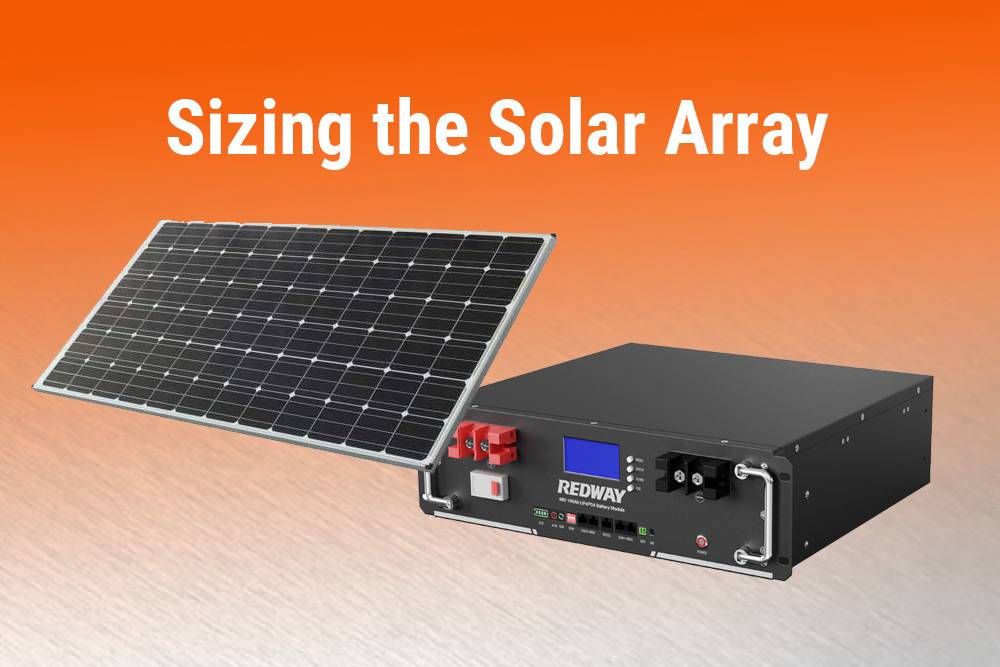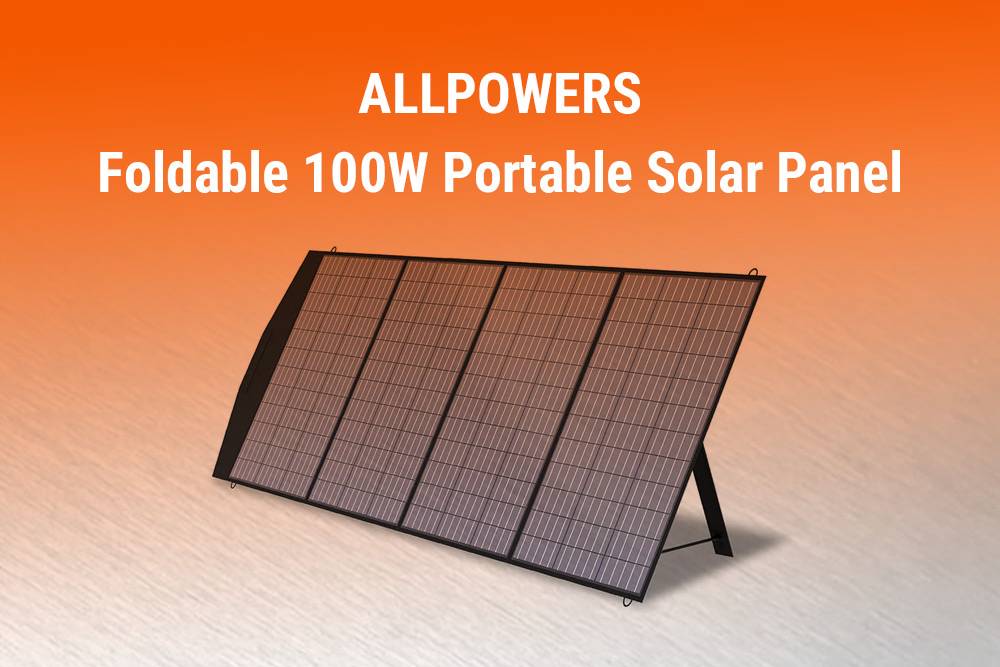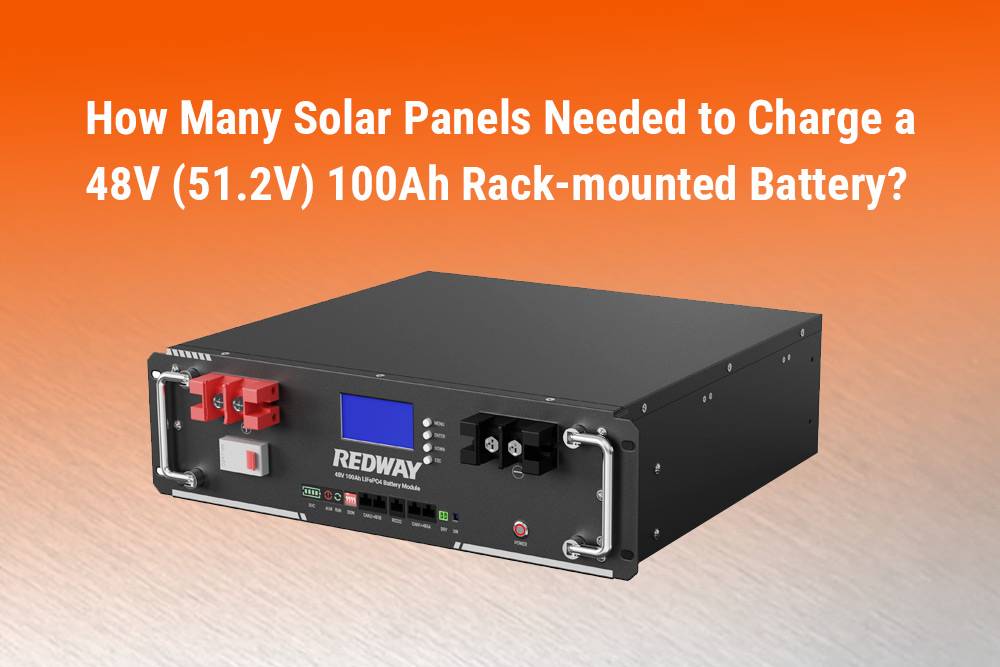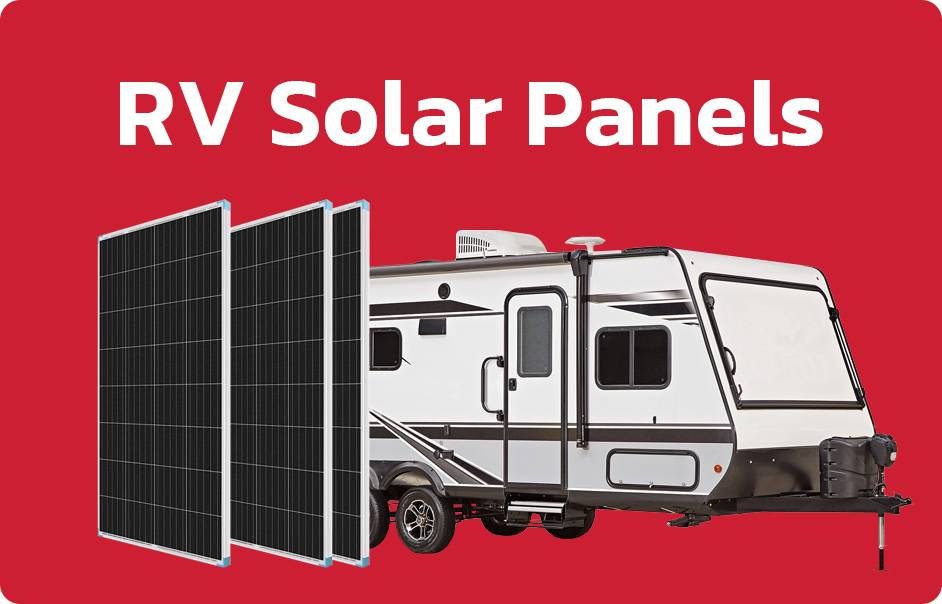Harnessing solar power to charge rack-mounted batteries presents an efficient and eco-friendly solution for powering IT equipment. However, determining the appropriate number of solar panels and wattage required to fully charge a typical 48V 100Ah lithium battery can be daunting. In this guide, we’ll delve into the fundamentals of solar charging systems and provide expert insights into sizing a solar array for optimal performance.
Solar Charging Basics
Charging a 48V rack-mounted battery using solar panels involves connecting multiple panels in series to achieve an output voltage higher than the battery’s voltage. This ensures effective charging by maintaining the ideal 60-90VDC range required for the process.
Sizing the Solar Array
To determine the ideal solar array size for charging a 48V 100Ah rack-mounted battery, several calculations are necessary:

- Calculate the battery’s watt-hours: 48V x 100Ah = 4,800Wh
- Determine the solar recharge rate: Typically 4-6 hours for a full charge
- Calculate the solar watts needed: 4,800Wh / 4hrs = 1,200W
- Allow for inefficiencies: Add 20-30%, totaling 1,500W to 1,600W
Based on these calculations, an optimal solar array would consist of either:
- 5 x 300W panels = 1,500W
- Or 6 x 250W panels = 1,500W
Installation Tips
When installing solar panels for a rack-mounted battery setup, it’s essential to follow these key tips for optimal performance and safety:
- Utilize an MPPT solar charge controller to maximize energy harvest.
- Orient panels optimally to capture maximum sunlight.
- Wire panels in series to achieve the desired output voltage.
- Connect panels to the battery via a solar charge controller.
- Ensure wiring is sized appropriately for maximum solar array amperage.
- Incorporate fuses and disconnects for safety measures.
ALLPOWERS Foldable 100W Portable Solar Panel
As a reliable and portable solution for solar charging needs, the ALLPOWERS Foldable 100W Portable Solar Panel offers several noteworthy features:

- Foldability: Compact and easily transportable, making it ideal for outdoor activities.
- Trusted Quality: Crafted from durable materials, ensuring longevity and reliability.
- Wide Compatibility: Compatible with various devices, including power stations and 12V batteries.
- Technical Specifications: Peak Power: 100W, Operating Temperature: -20°C to 60°C, with advanced safety features for protection against electrical hazards.
While the information provided offers valuable guidance, it’s essential to verify product specifications and seek reviews from trusted sources before making purchasing decisions.
Conclusion
In conclusion, solar charging presents an efficient and sustainable solution for powering rack-mounted batteries. By following the guidelines outlined in this comprehensive guide and selecting the appropriate solar array size and equipment, you can ensure reliable and eco-friendly energy supply for your IT equipment needs. Whether setting up a solar array for a server rack or seeking a portable power solution for outdoor adventures, harnessing the power of the sun offers endless possibilities for sustainable energy utilization.


